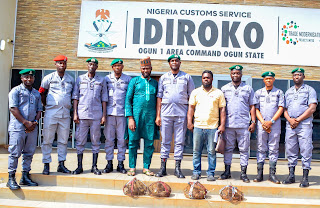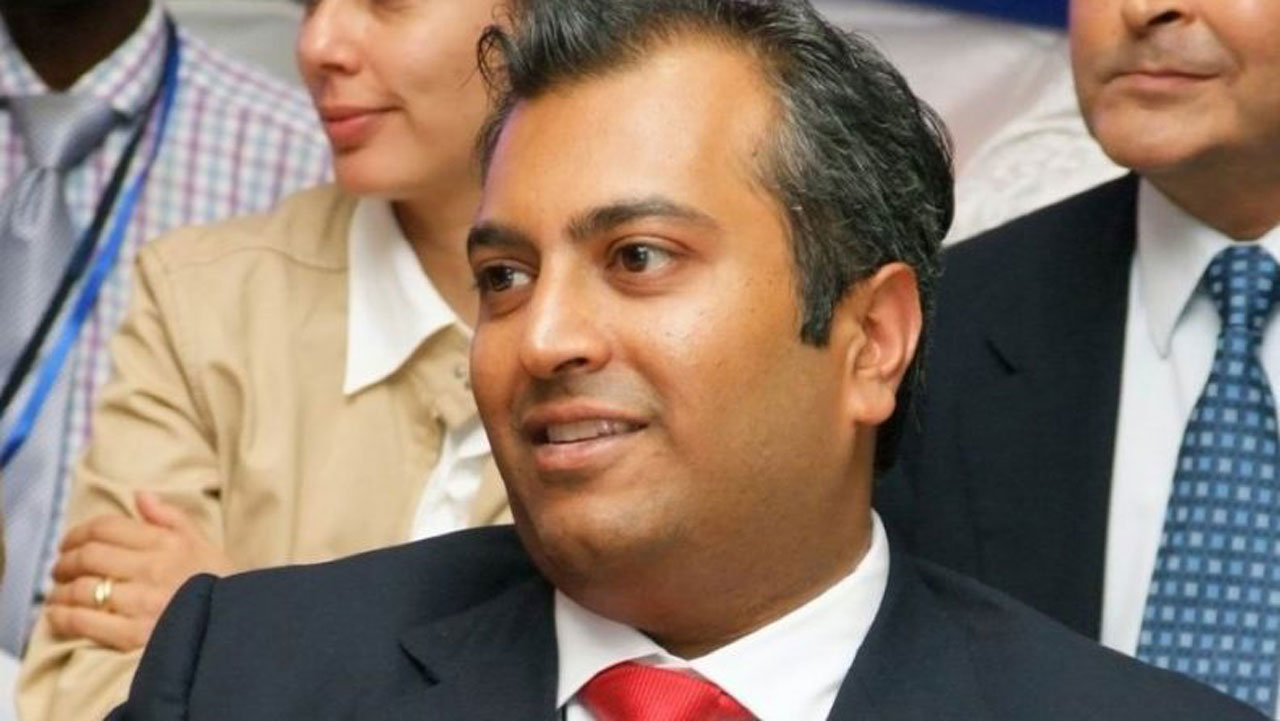The Federal Government has requested the issuance of a bench warrant for the arrest of Mr. Hathiramani Ranesh, Managing Director of Dana Air, due to his repeated failure to appear before a Federal High Court in Abuja over allegations of a N1.3 billion fraud.
The application for the warrant was made by Mojisola Okeya, counsel to the Attorney-General of the Federation (AGF), during a session presided over by Justice Obiora Egwuatu.
Okeya, representing the AGF’s office, emphasized the seriousness of the charges brought against Ranesh, which include conspiracy, misappropriation, and the fraudulent diversion of funds.
The fraud involves the alleged misuse of funds intended for reviving operations at Dana Steel Rolling Factory in Katsina. The six-count charge, filed against Ranesh, Dana Group PLC, and Dana Steel Ltd., is part of a case marked FHC/ABJ/CR/101/2021.
The case dates back to events between September and December 2018, where Ranesh and others are accused of selling industrial generators worth over N450 million, which were held as collateral under a bond agreement with Ecobank.
Further accusations claim that in 2014, the defendants conspired to divert N864 million of bond proceeds intended to boost production at the Katsina facility.
READ ALSO: Federal Government seeks arrest warrant for Dana Air MD in fraud case
These funds were allegedly transferred to unauthorized accounts. Another N60.3 million was reportedly diverted to an Access Bank account, again for purposes outside the original bond’s scope.
Citing Ranesh’s repeated absences from court, Okeya urged the court to issue a bench warrant to compel his appearance. She argued that the charges, which violate provisions of the Criminal Code Act, Laws of the Federation of Nigeria, 2004, require immediate legal attention and the arraignment of the accused.
However, Ranesh’s defense counsel, B. Ademola-Bello, opposed the request, maintaining that a preliminary objection had been filed, challenging the court’s jurisdiction to hear the case.
Ademola-Bello argued that this objection must be addressed before any arraignment can take place. Okeya countered, stating that the law mandates a formal arraignment of the defendants before jurisdictional objections are considered.
Justice Egwuatu, after hearing both sides, requested that the defense cite any specific sections of the Administration of Criminal Justice Act (ACJA), 2015, supporting their position.
The judge then adjourned the case to November 4, granting both parties additional time to present their arguments on whether the preliminary objection should be resolved before arraignment.
This case underscores the legal obligations of corporate leaders and the importance of transparency in handling financial transactions, particularly those tied to government bonds and large-scale economic projects.
The court’s decision will likely influence corporate accountability practices in Nigeria, especially in relation to mismanagement of public funds.

 Agribusiness1 week ago
Agribusiness1 week ago
 News1 week ago
News1 week ago
 News1 week ago
News1 week ago
 Football5 days ago
Football5 days ago
 Football1 week ago
Football1 week ago
 Football1 week ago
Football1 week ago
 Entertainment4 days ago
Entertainment4 days ago
 Football6 days ago
Football6 days ago

